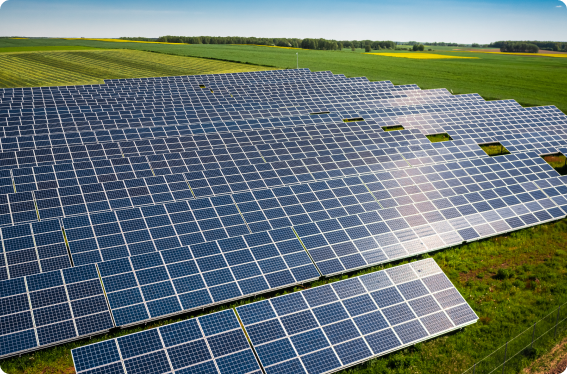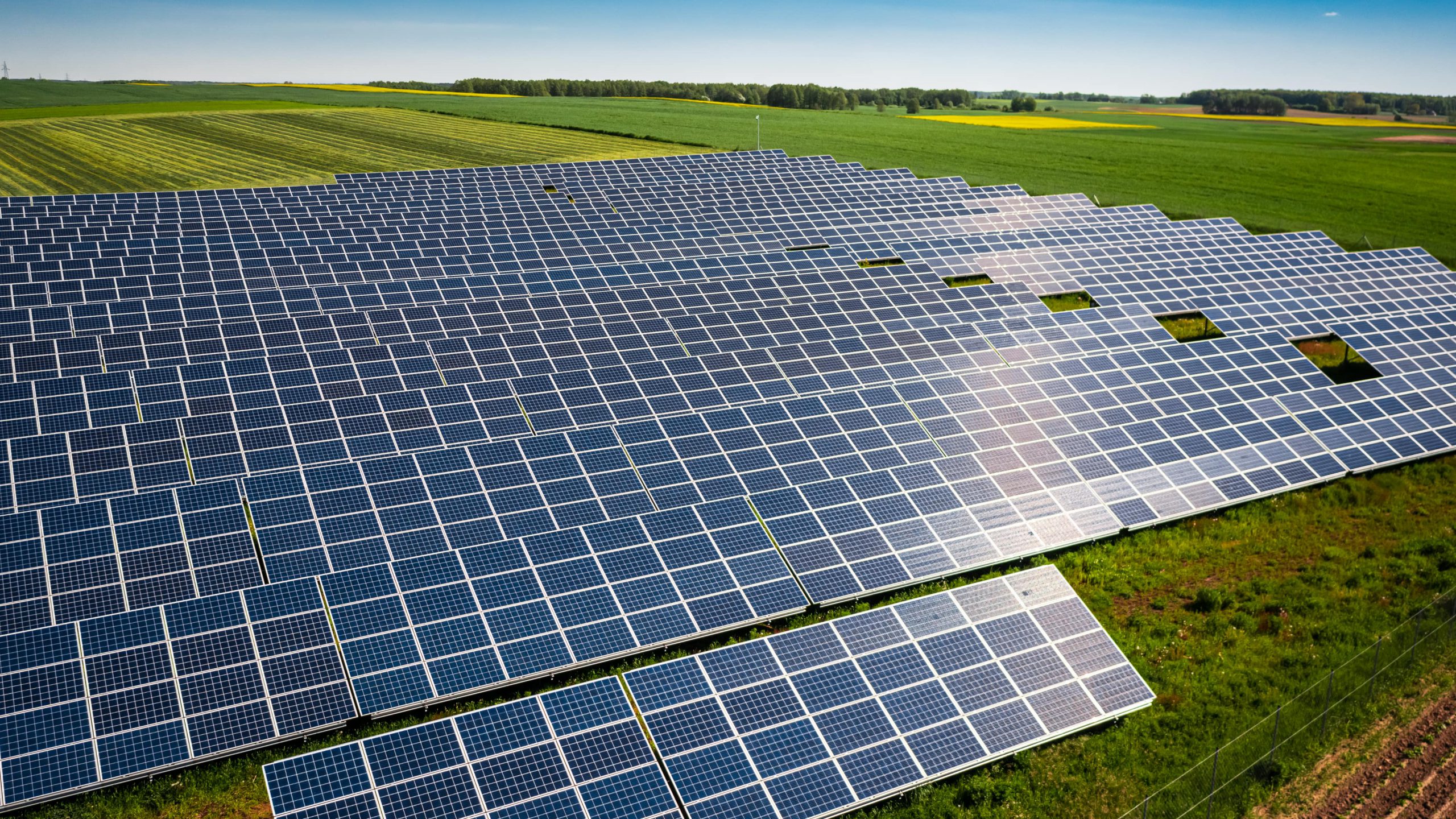Do you want to produce electricity at home from solar photovoltaic energy? Or do you already have an installation at home and want to know more about its production capacity, use or maintenance?
Let’s start by explaining what renewable energy solutions are all about and their different aspects:
Table of Contents
ToggleWhat are renewable energy solutions?
Renewable energy solutions harness inexhaustible natural resources such as sunlight, wind, water and geothermal heat to generate energy. These sources represent a sustainable and environmentally friendly alternative to traditional fossil fuels, such as oil and gas, which are limited and contribute to environmental pollution.
Within solar-based renewable energies, we find several categories, including:
- Solar Thermal Energy
- Photovoltaic Solar Energy
- Passive Solar Energy
- Hybrid Solar Energy
This time, we will delve into Photovoltaic Solar Energy, a revolutionary technology that is transforming the way we generate and use electricity.
Photovoltaic solar energy
Photovoltaic solar energy is obtained by converting sunlight into electricity using a technology based on the photoelectric effect. It is a type of renewable, inexhaustible and non-polluting energy that can be produced in installations ranging from small generators for self-consumption to large photovoltaic plants.
Photovoltaic solar energy provides great energy independence. Once you have your system installed, you will not be at the mercy of energy price fluctuations in the market, as you will be able to generate your own energy. This also provides great energy security, as you will not be subject to power outages in some cases.
On the other hand, solar PV can also be a good financial investment. Despite the initial installation cost, the savings on your electricity bill will offset this cost in a short time, depending on the price of energy and the size of your self-consumption system.
What are the types of photovoltaic systems?
Los sistemas solares fotovoltaicos representan una revolución en la forma en que generamos y consumimos energía. Estos sistemas se clasifican en aisladas, conectadas a la red y de autoconsumo compartido.
Vamos a explorar estas categorías para comprender mejor cómo la energía solar fotovoltaica puede tener un impacto significativo en nuestro día a día.
Off-grid photovoltaic systems
These installations are primarily designed for applications such as pumping, electrification in rural areas, and signaling and communication systems.
The installation of photovoltaic solar panels is ideal for providing power to structures that do not have previous electrical installations or agreements with electric utilities.
The key benefit of these installations lies in their ability to supply electricity to areas that would otherwise be deprived of this resource.
This may be due to the choice of the property owner, or to challenges associated with the implementation of conventional power grids in certain locations, the distance from the nearest power sources, or the particular characteristics of the environment.
Uses and applications of off-grid solar systems
Remote home electrification: Providing power to homes far from the grid.
Agriculture and livestock: Including solutions such as water pumping, irrigation systems, and lighting for greenhouses and farms.
Signaling and communications: Used in air and maritime navigation, road signaling, and communication repeaters.
Public lighting: Lighting of streets, monuments, and bus stops.
Water purification systems: For water treatment and purification.
To ensure the availability of electricity at night or during periods of low insolation, these systems usually incorporate storage batteries and charge controllers. When alternating current is required, an inverter is used.

Grid-connected solar photovoltaic systems
Grid-connected solar photovoltaic systems represent an innovative and economically viable energy solution. These systems integrate seamlessly with the existing electrical infrastructure, offering both individual and community benefits.
In these systems, the inverter plays a crucial role in converting the direct current generated by the solar panels into alternating current, compatible with the electrical grid. This integration enables efficient management of the energy produced, maximizing its use and profitability.
Uses and applications of off-grid solar systems
Homes: Significantly reduce electricity costs in homes, allowing homeowners to benefit from the sale of surplus energy.
Businesses and retailers: They provide a sustainable energy source for companies, reducing operating costs and improving corporate image.
Public facilities: Schools, hospitals and government buildings can take advantage of these systems to reduce costs and promote sustainable practices.
Large-scale projects: Solar farms and large photovoltaic installations contribute to the overall power grid, supporting the transition to renewable energy sources.
Shared self-consumption photovoltaic installations
Shared self-consumption photovoltaic installations refer to systems designed to supply solar photovoltaic energy to entire residential complexes. A typical case is when solar panels mounted on the roofs of buildings provide energy to all the housing units in the building.
However, this form of collective self-consumption is not limited to residential buildings. It is also common to find shared solar PV systems in industrial areas, housing developments and even in rural areas.
Advantages of photovoltaic solar energy
- It benefits the environment, it is a clean energy source. It does not produce pollution or greenhouse gases.
- They are renewable energies whose production is inexhaustible and free.
We can have a photovoltaic self-consumption installation at home, that is, we can generate our own electricity. - In isolated houses or in the middle of the countryside, it is a way to generate electricity at low cost.
- It produces significant energy savings in the electricity bill, which translates into lower economic costs.
- Solar photovoltaic energy reduces dependence on gas and direct energy consumption from the electricity grid.
- It generates employment, new jobs and generates wealth with new companies. There are important subsidies for its installation.
Iser Smart Energy, leaders in energy solutions
En Iser Smart Energy, we are dedicated to the transformation of energy with the aim of making a significant contribution to a more sustainable future.
Our mission at Iser Smart Energy focuses on offering personalized advice ranging from prospecting to project implementation, as well as the administrative procedures necessary to legalize and make your installation technically, legally and economically feasible.
We put at your disposal all our knowledge to offer you the best coverage for your energy needs. We focus on meeting current demands, but we also look to the future, anticipating possible emerging needs.
At Iser Smart Energy, we are your partner on the road to cleaner, more sustainable energy. Find out how together we can drive positive change in your energy consumption.


